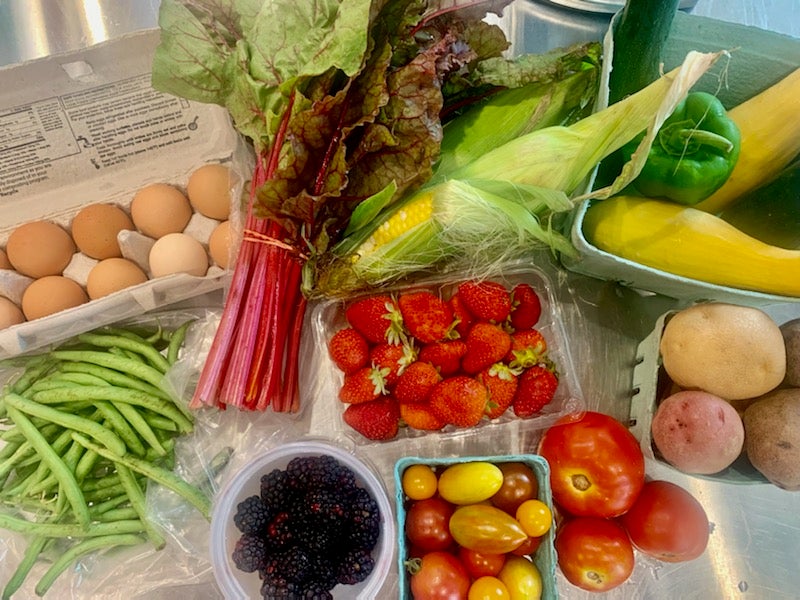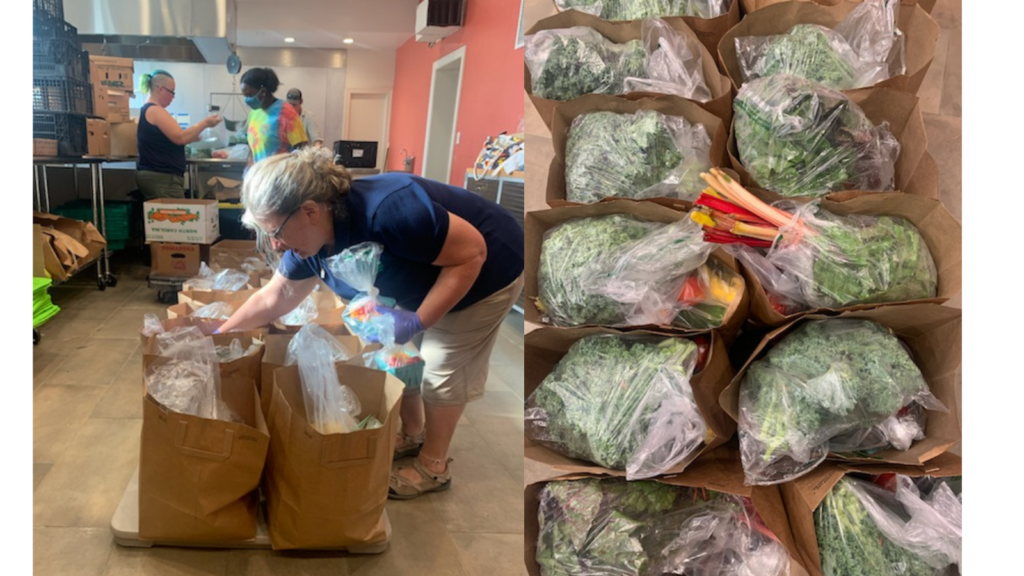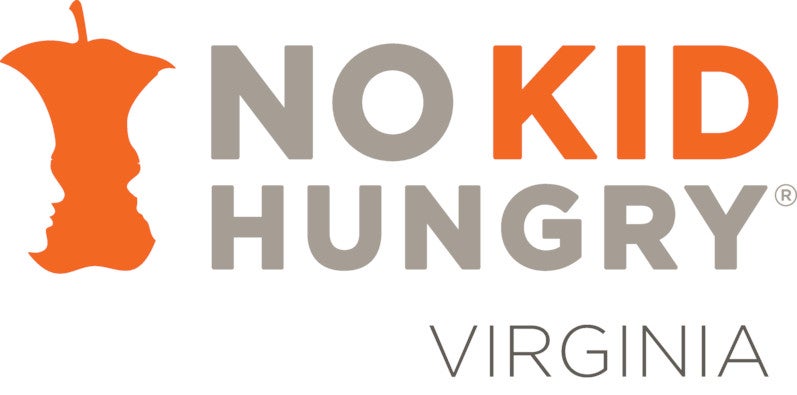Smart Beginnings Southeast is connecting children 0-5 with locally-sourced summertime produce.
Smart Beginnings is a statewide effort of the Virginia Early Childhood Foundation, which helps communities deliver on ensuring conditions for a strong, healthy start for young children and their families. The Smart Beginnings network supports families and community partners in maximizing resources to ensure that children ages 0-5 are prepared emotionally, cognitively, socially, and physically for school.
Smart Beginnings Southeast is led by Director Alison Noble and focuses on Hopewell, Petersburg, Prince George, Petersburg, Sussex, Surry, Dinwiddie, and Greensville. The group prioritizes food security as an important consideration for physical wellbeing and school readiness among Virginia’s youngest residents. Says Noble, “We cannot expect children to focus on learning if their stomachs are empty.”
In October 2020, Noble and her team received a $49,500 No Kid Hungry Virginia grant to support families with young children in Petersburg and Hopewell. Both localities are small, rural-adjacent cities, with majority-minority populations, high rates of childhood food insecurity, and limited access to traditional brick-and-mortar grocery stores.
The grant established a “fruit and vegetable prescription program” that promotes equity and increases food security by strategically linking community health centers, local agricultural producers, and food-insecure households with young children. The program connects patients at Central Virginia Health Services with a “prescription” for a biweekly produce delivery, via a pediatrician screening. Each produce delivery includes up to 20 pounds of seasonal fruits and vegetables, all sourced from farms in the rural communities surrounding Petersburg and Hopewell, as well as information about how to safely store and prepare the produce. The program is modeled after a similar effort by the Local Food Hub, located in Charlottesville, VA.

Funded by a No Kid Hungry Virginia grant, Smart Beginnings Southeast and partners source a bi-weekly selection of colorful, seasonal Virginia produce and deliver the bags to local households with young children.
Cheryl Bursch, the manager at Petersburg’s River Street Market, leads a support team through the weekly produce aggregation and delivery. Through her work at the River Street Market, Bursch has established thoughtful and far-reaching connections with producers across Central Virginia and the Northern Neck, and she is well-versed in fruit and vegetable availability throughout the growing season. Bursch prioritizes color and variety when sourcing each produce delivery, recognizing that young children “eat with their eyes.” Bursch and her team absorb all aspects of transferring produce from field to families, including picking up the produce at the farms, curating and packing the bags, and delivering directly to households.

Left: Cheryl Bursch (front) and teammates Amy Wilson, Amina James, and Donnie Cornwell pack bags for delivery on July 14, 2021.
Right: The bi-weekly produce prescription bags are overflowing with local fruits and vegetables.
Bursch says that Smart Beginnings Southeast’s produce prescription program is important because it addresses some of the barriers created by lack of accessibility to brick-and-mortar food stores.
“Programs like these may not be new in our area, but what makes this one different and unique is making the connections with our local community and their local farmers and farm markets. We all need to get to know each other and work on solutions that will support raising food and raising families for a happier, healthier community- a community where we rely on each other.”
The program also includes the creation of a Food Access Resource Directory, curated by Aiyana Gray, the Program Coordinator for this Smart Beginnings grant. Medical providers will be able to share the directory with their patients, giving providers a new, meaningful way to engage with families. The directory will equip families with the information they need to access federal nutrition programs for sustained food security beyond this grant funding. Gray plans to distribute 2,500 copies of the directory through the produce prescription bags, as well as health centers, local schools, and the Smart Beginnings website.
Gray is leading pre- and post-program surveying that includes questions about fruit and vegetable consumption, knowledge about produce storage and preparation, and general nutrition information. She will also conduct a survey of medical providers in December about whether they saw any changes among participating patients with regard to blood pressure, weight, and/or other health measures (to the degree that COVID-19 allows them to gather this information). Evaluation is multi-purpose, in that positive outcomes will reinforce the importance of screening and intervening for food insecurity, as well as highlighting the need for continued investment in similar programs.
Despite food access challenges in Petersburg and Hopewell, these rural-adjacent small cities have many important assets, including a strong sense of community, greater access to government officials, and close proximity to farms. Smart Beginnings is building off of those assets by helping to deepen health care and community connections, reach children through their medical providers, promote participation in all relevant food and nutrition programs, and leverage the summertime bounty of local agriculture operations. Their goal is to be part of a longer-term, systems-based approach to food security that will amplify and connect community assets in order to create the brightest future possible for children in Petersburg and Hopewell.






